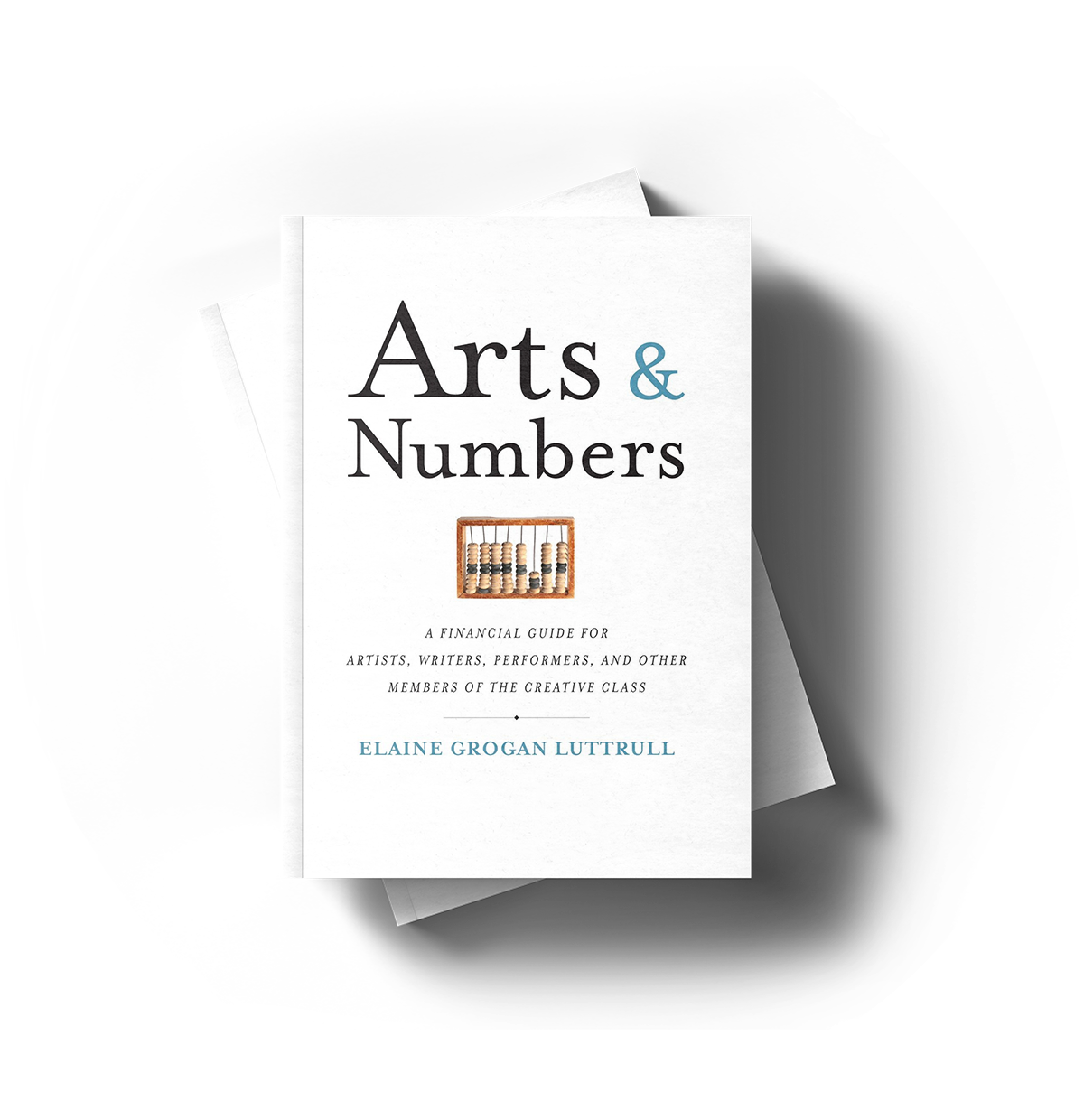July 14, 2013 • Musings
Bastille Day is one of my favorite holidays, and not just because of the crepes, wine, cheeses, and beignets.
Bastille Day was the day I and several colleagues chose for our own personal revolutions.
We had been working on an interminable project that had exhausted us all emotionally, physically, and intellectually. We were metaphorically and quite literally done with the project, with the client, and with our employer at the time.
So we plotted a revolution.
We imagined leaving en masse to pursue more fulfilling, more autonomous work, making a statement in the process as we stood and fled in solidarity. Together. As one. We felt we had exhausted our negotiation options and that our concerns weren’t being acknowledged, much less being addressed. We were miserable. And because we were
spending upwards of 90 hours together in a cramped office, sharing three meals a day as we worked interminably six or seven days per week, we had plenty of time to plot.
We kept a list taped to the back of the door of colleagues who had fled before us. We were the core team, and many another body rotated through the project to provide leadership or moral support. They all left within days, their threats, concerns, or alternatives more aptly expressed than ours. We remained.
It was during this particular project (which lasted about eighteen months as I recall), that I
wrote a tearful resignation letter on a napkin during a coffee break I took one afternoon. I hadn’t seen sunshine in days and I thought I was going to lose it. At the time, losing it at the Starbucks across the street as I penned a poetic farewell seemed like a better option than losing it in front of the client.
And when I discovered I wasn’t alone, we plotted our revolution.
Bastille Day, July 14, fell on a Friday that year, and it was the day we designated to be our last. We all had different ideas about what we wanted to pursue; some were more concrete than others, but none of them resembled what we were doing in any way, shape, or form.
It didn’t actually happen.
There was no public revolution, nor did any of us actually resign on Bastille Day.
But now, nearly eight years later, only one of us remains with the same employer. The rest of us changed departments and eventually left altogether to pursue more fulfilling work. Some of us craved more balance; others craved more autonomy; some craved more technically challenging work.
And we weren’t alone. We thought we were. We felt like we were. But entrepreneurs, artists, accountants, and members of the creative class have revolted against business as usual in greater and greater numbers. The risks have tapered off as the balance of power between employers and employees has shifted, and employees continue to crave more fulfilling professional experiences: ones they can’t necessarily get from business as usual.
None of us assigned to sit in the conference room were content to let our circumstances dictate the direction of our lives. It took a passing familiarity with the French Revolution and a well-timed holiday to push us toward action, and although our own revolution unfolded with a whisper rather than a massive explosion, it happened. And like the French Revolution, change took longer than we thought it would (or should), but it all worked out well in the end.
So as I indulge this morning on coffee and a beignet (or two), I look back fondly on my days spent plotting a rev
olution, even a small one, even just for me.
And what a (personal) revolution it was.


